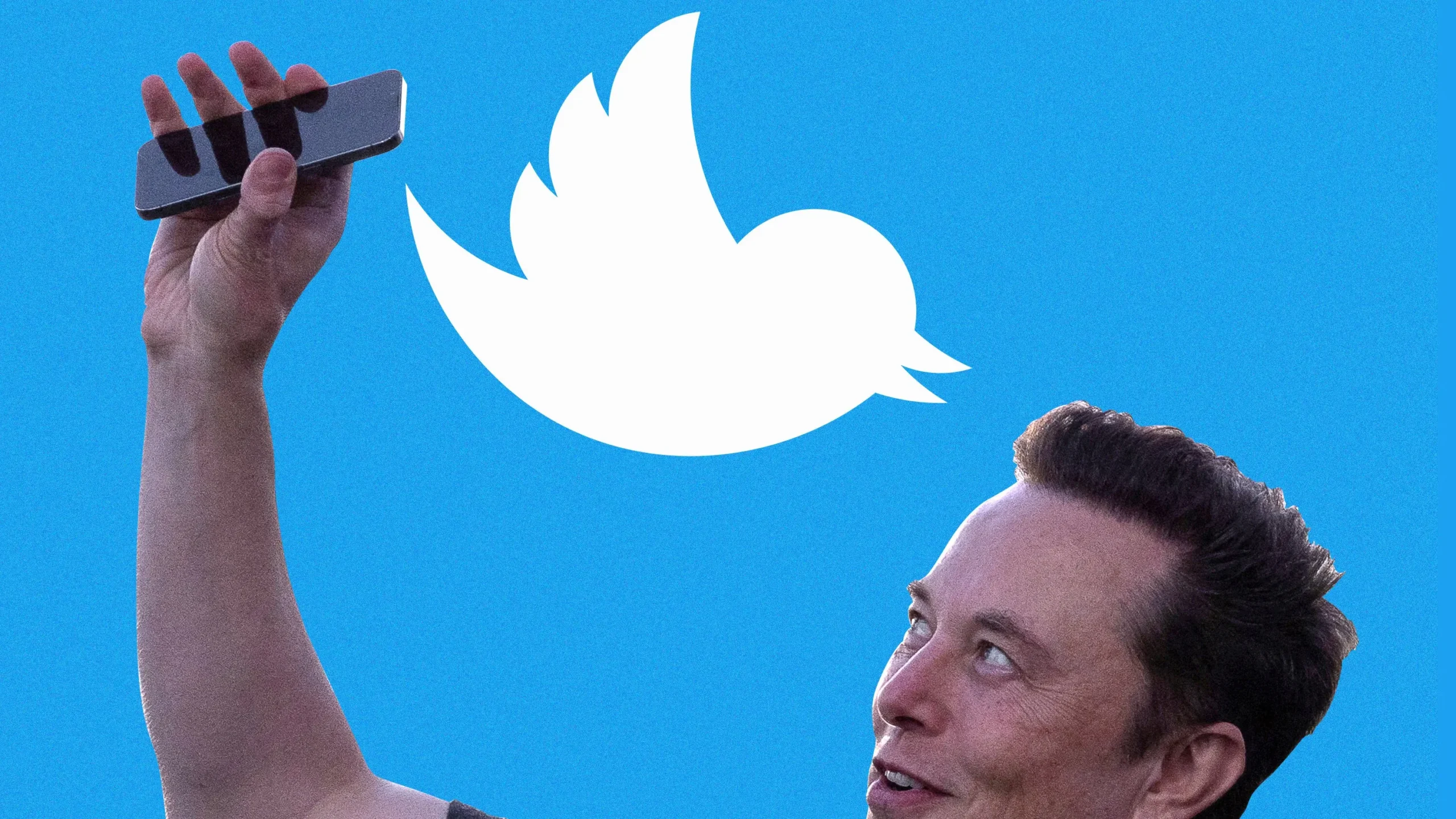Introduction
Elon Musk, the billionaire entrepreneur and CEO of Tesla and SpaceX, has recently proposed a controversial plan for Twitter, sparking widespread debate across the platform. This article will delve into the specifics of the plan, the backlash it has received, and its potential impact on Twitter users.
The Proposal
Musk’s plan involves creating an open-source platform that would allow Twitter users to rate the credibility of journalists and news organizations, essentially creating a decentralized ranking system. Proponents of the idea argue that it would help combat misinformation and ensure that reliable sources are more easily accessible to users. However, critics claim that it could lead to manipulation, bias, and further polarization within the platform.
The Backlash
Elon Musk’s plan has been met with significant criticism from various stakeholders. Journalists, in particular, have voiced their concerns about the potential for manipulation, as users could potentially skew the credibility ratings to favor their preferred sources or to discredit those with opposing views.
Additionally, some argue that the proposed system could exacerbate the existing echo chambers on Twitter, as users might be more inclined to interact with and share content from sources that align with their own beliefs, further entrenching ideological divides.
The Potential Impact
If implemented, the proposed system could have far-reaching consequences for the way news and information are consumed on Twitter. While the goal of promoting reliable sources and combating misinformation is commendable, there are valid concerns about the potential for the system to be misused.
Given the decentralized nature of the proposed platform, it could become difficult to ensure that the credibility ratings are an accurate reflection of a source’s reliability. There is also the potential for bad actors to manipulate the system for their own gain, further muddying the waters of online discourse.
Alternative Solutions
In light of the criticisms surrounding Musk’s plan, there are alternative solutions that could be considered for improving the credibility of news and information on Twitter. Some of these include:
- Improved Algorithm: Twitter could develop and implement a more sophisticated algorithm that better identifies and promotes high-quality, reliable content, while demoting misinformation and low-quality sources.
- Third-Party Fact-Checking: Collaborating with independent fact-checking organizations could help to identify and flag misleading or false content, providing users with context and accurate information.
- User Education: Encouraging media literacy and critical thinking skills among users can help them better evaluate the credibility of the content they encounter online.
Conclusion
Elon Musk’s latest plan for Twitter has sparked intense debate and garnered considerable criticism. While the goal of promoting credible sources and combatting misinformation is commendable, the potential risks associated with a decentralized ranking system cannot be ignored. It remains to be seen whether Twitter will adopt Musk’s proposal or explore alternative solutions to address the growing concern around misinformation and the quality of content on the platform.
